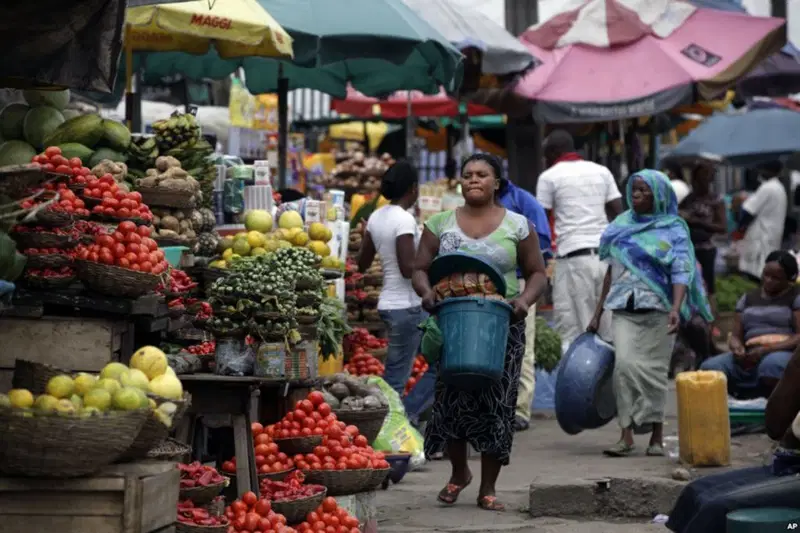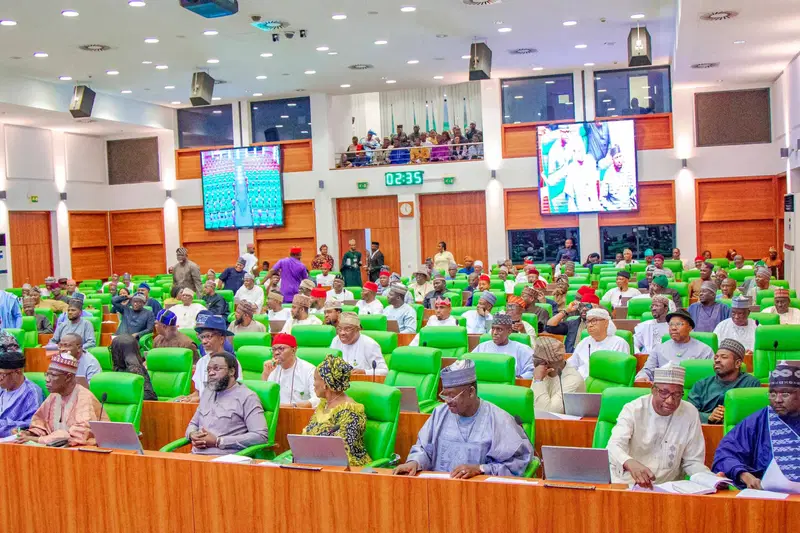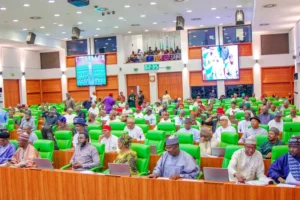- Growing Demand: Nigeria’s food market is projected to reach $233.53 billion by 2025, with an expected annual growth rate of 10.76% from 2025 to 2030 .
- Increasing Investments: Nigeria’s investments in agrofood and packaging technologies reached £304 million in 2023, making it Africa’s second-largest investor in this sector .
- Food Security: Food security remains a top priority for Nigeria, with the government emphasizing the need for collaborative efforts to drive growth in the agricultural sector .
- Urbanization and Modern Retailing: Urbanization and modern retailing methods are changing the way Nigerians shop for food, with supermarkets and online platforms becoming increasingly popular .
- Import Dependence: Nigeria still relies heavily on imports to meet its food needs, with food imports accounting for approximately 12.59% of the country’s total import bill in Q1 2024 .
- Growth Opportunities: The Nigerian food market offers growth opportunities for domestic and international investors, with a growing middle class and increasing demand for packaged and processed foods .
Nigeria’s food market is expected to reach $233.53 billion by 2025, with a projected annual growth rate of 10.76% from 2025 to 2030. This growth is driven by the country’s increasing investments in agrofood and packaging technologies, which reached £304 million in 2023. Nigeria is now Africa’s second-largest investor in this sector, after South Africa.
Key Drivers of Growth:
- Agrofood and Packaging Technologies: Nigeria’s investments in these technologies have reached £304 million, making it the second-largest investor in Africa.
- International Collaboration: The 10th German Agrofood and Plastprintpack Exhibition showcased products and solutions from over 100 exhibitors from 12 countries.
- Government Support: The Minister of Agriculture and Food Security emphasized the importance of food security and the need for collaborative efforts to drive growth in the agricultural sector.
Opportunities and Challenges:
- Food Security: Nigeria’s food security remains a top priority, with the government emphasizing the need for collaborative efforts to combat nutritional and climate-related challenges.
- Sustainable Economic Partnerships: The German Consul General in Lagos highlighted the importance of sustainable economic partnerships between Nigeria and Germany.
- Innovation and International Collaboration: The exhibition showcased innovative products and solutions, highlighting the importance of international collaboration in driving growth in Nigeria’s agrofood and packaging industries.





















